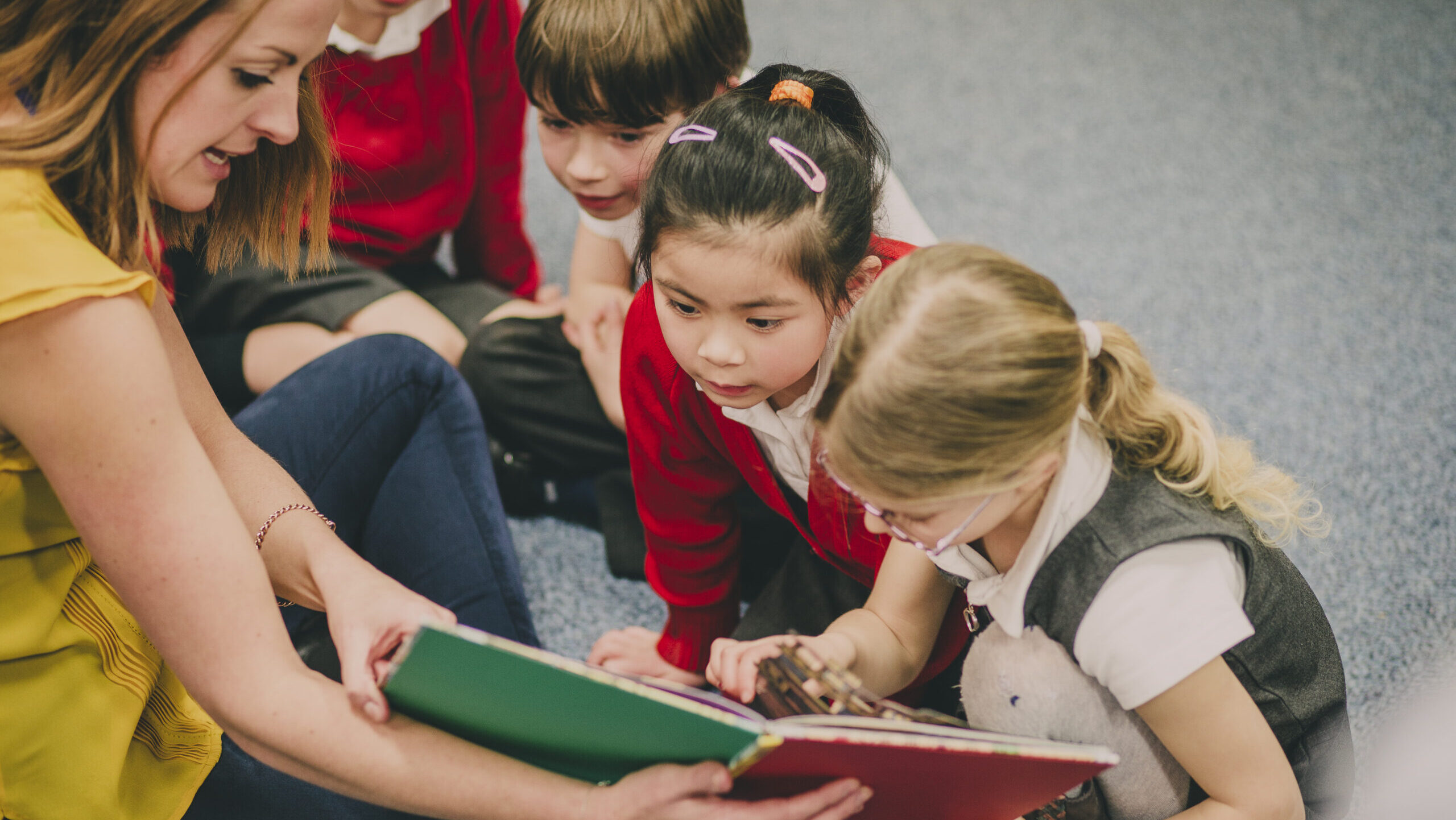Kate Antsey, head of education policy at the Child Poverty Action Group, explains how schools are becoming increasingly less about educating students and more about supporting families.
The effects of poverty on children’s learning are well-evidenced, with household income being the strongest statistical predictor of how well a child will do in school. But what does ever-growing and deepening child poverty mean for the way our schools function and the roles of school staff?
Between May and July 2023, the Education Anti-Poverty Coalition surveyed school staff across England working in every school role, from admin staff to head teachers, governors and teaching assistants. We gathered a bird’s eye view of child poverty in schools and the results exposed a worrying picture of entrenched pupil hardship.
Get the latest news and insight into how the Big Issue magazine is made by signing up for the Inside Big Issue newsletter
School staff overwhelmingly told us that the poverty they witness is increasing and getting much worse for families. This plays out throughout the school day in a multitude of ways: with more pupils not having enough money for lunch or coming to school in worn-out clothing; more children worrying about their home and housing situations; an increasing number of pupils taking on jobs at the weekend to help with family finances; and clear signs of fatigue and hunger during lessons.
Unsurprisingly, this has a devastating knock-on effect for children’s educations, with school staff telling us that lower income pupils are simply unable to learn in these circumstances and falling further behind than ever before. Any government investment that seeks to close the attainment gap between poorer pupils and their peers is clearly being undermined by other government policies that are explicitly making this problem worse.










